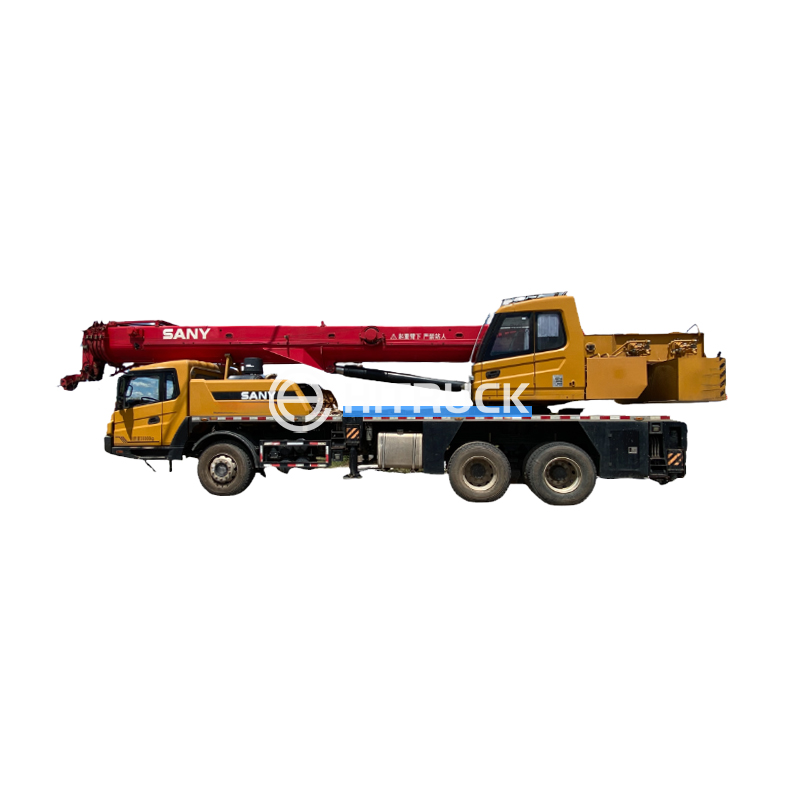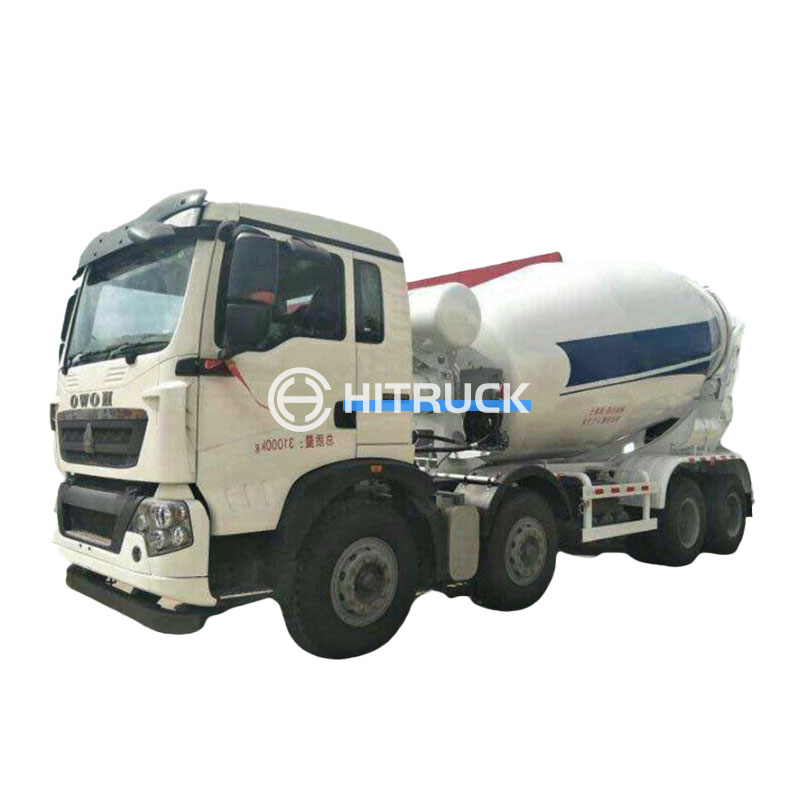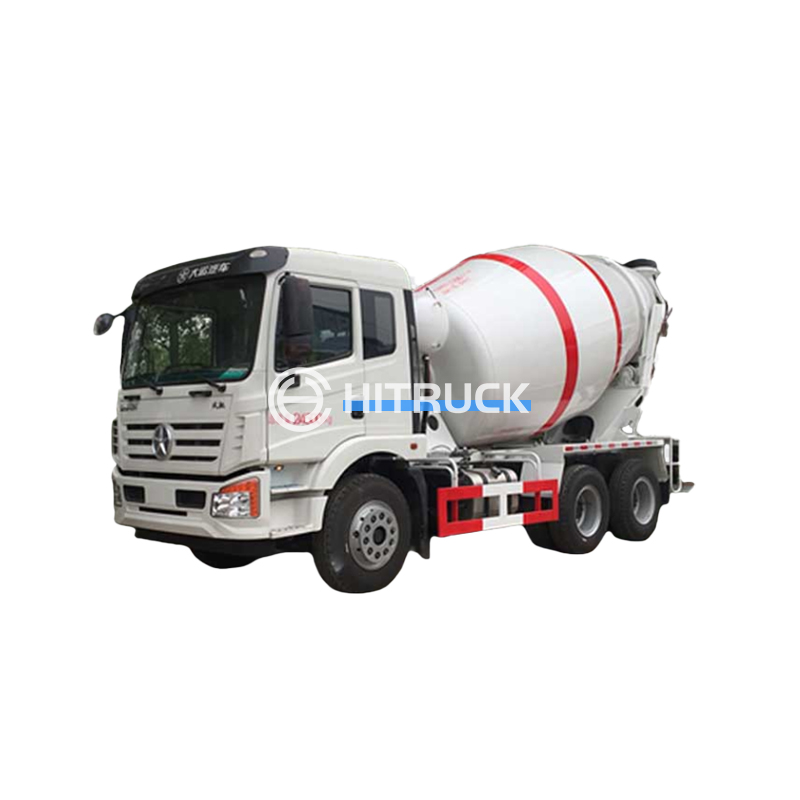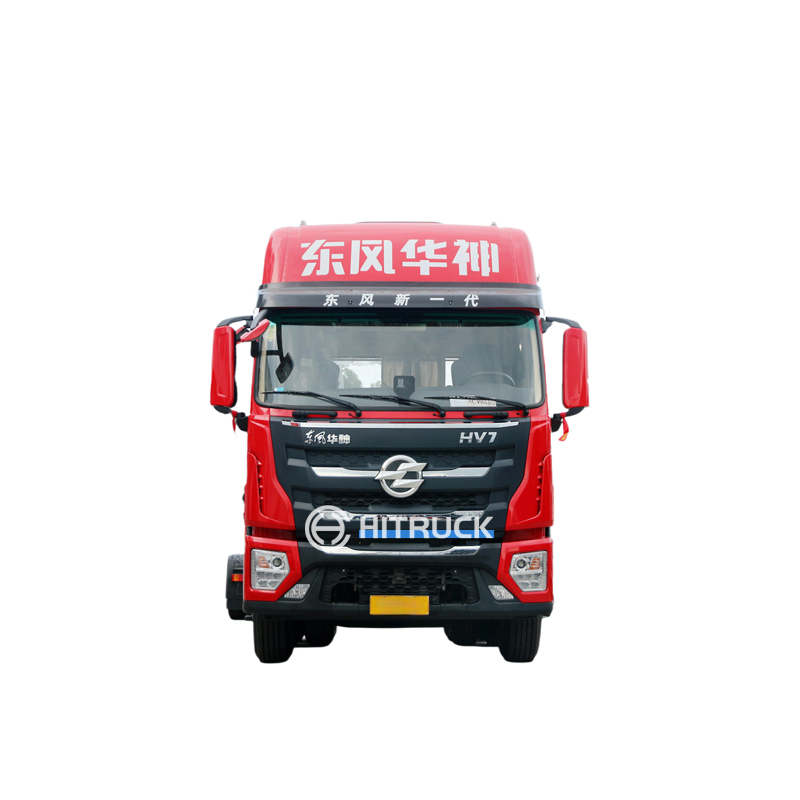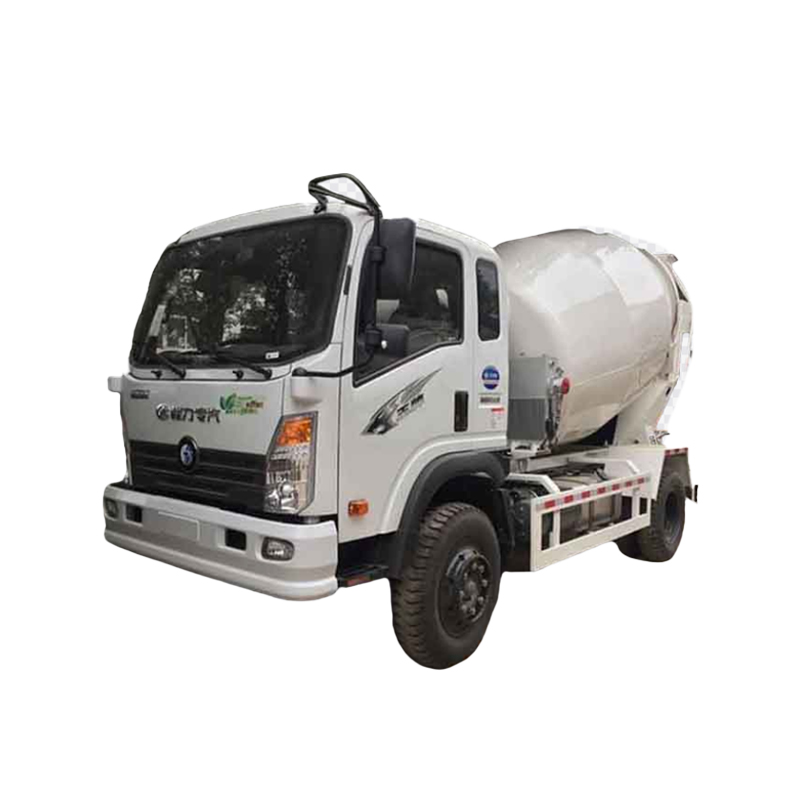Self-Loading Concrete Mixer Trucks: A Comprehensive GuideSelf-loading concrete mixer trucks offer a convenient and efficient solution for various construction projects. This guide explores the key features, benefits, and considerations when choosing a self-loading concrete mixer truck. We'll cover different types, maintenance tips, and factors influencing purchase decisions.
Choosing the right equipment is crucial for any construction project. For tasks involving concrete mixing and transportation, a self-loading concrete mixer truck presents a compelling option. This article provides a detailed overview of these versatile machines, examining their advantages, disadvantages, and key considerations for potential buyers. We’ll delve into various types available, maintenance requirements, and factors to consider before making a purchase. Whether you're a contractor, construction company, or individual, this guide will equip you with the knowledge to make an informed decision.
A self-loading concrete mixer truck combines the functions of a concrete mixer and a loading shovel into a single, mobile unit. This eliminates the need for separate loading equipment, streamlining the concrete mixing and delivery process. This efficiency translates to reduced labor costs, faster project completion, and increased overall productivity. These trucks are ideal for projects in areas with limited space or difficult access, where maneuvering larger equipment might be challenging.
Self-loading concrete mixer trucks come in various sizes and configurations to suit different project needs. The capacity typically ranges from a few cubic meters to over 10 cubic meters. Some key factors determining the type you need include the scale of your project, the terrain you'll be working on, and your budget. Consider factors such as engine power, mixing drum capacity, and maneuverability when making your selection. For a wider selection, explore options available at Suizhou Haicang Automobile sales Co., LTD.
The advantages of employing a self-loading concrete mixer truck are numerous. The primary benefits include:
Several crucial factors need careful consideration before purchasing a self-loading concrete mixer truck:
The truck's capacity should align with the project's concrete requirements. Consider the dimensions to ensure suitability for the job site and transportation routes.
Engine power impacts productivity, while fuel efficiency affects operational costs. Compare specifications across different models to find the optimal balance.
Research the machine's maintenance requirements and the reputation of its manufacturer for durability and longevity. Regular maintenance is key to extending the lifespan of your investment.
Proper maintenance is crucial for ensuring the optimal performance and longevity of your self-loading concrete mixer truck. This involves regular inspections, cleaning, and servicing as recommended by the manufacturer. Neglecting maintenance can lead to costly repairs and downtime.
| Maintenance Task | Frequency |
|---|---|
| Engine Oil Change | Every 500 operating hours or as per manufacturer's recommendation |
| Hydraulic Fluid Check and Change | Every 250 operating hours or as per manufacturer's recommendation |
| Inspection of all moving parts | Daily |
Remember to always consult your self-loading concrete mixer truck's owner's manual for detailed maintenance instructions.
By carefully considering these factors and following proper maintenance procedures, you can maximize the efficiency and lifespan of your self-loading concrete mixer truck, ensuring a successful and cost-effective construction project.

